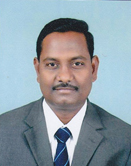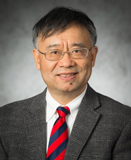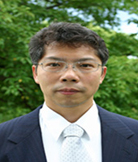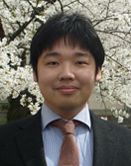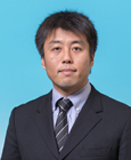
Professor Schlarb currently holds the Chair of Composite Engineering (CCe) at the Technische Universität Kaiserslautern (TUK), Germany. He studied mechanical engineering at the University of Kaiserslautern, specializing in production engineering and company organization. After his graduation in 1984 he relocated to the University of Kassel, working as scientific assistant to Prof. Dr.-Ing. Dr. e.h. Ehrenstein. He was awarded a doctorate in 1989 for his thesis on polymer processing. From 1988 until 1989 he was also head engineer at the university’s Institut fuer Werkstofftechnik. In the following 13 years Professor Schlarb held different positions in the industry, e.g. the polymer laboratory of BASF SE, Germany, as material scientist and project manager researching composites, last as Vice President and head of marketing, research and development with B. Braun Medical AG, Switzerland. In November 2002 Alois Schlarb was appointed to a full professorship for "Composite Materials" at the TUK and from 2002 to 2008 Chief Executive Officer of the Institut für Verbundwerkstoffe GmbH. Since 2018 Professor Schlarb also holds a visiting professorship at Qingdao University of Science and Technology, Qingdao, PR China. Professor Schlarb served as Spokesman of the Scientific Alliance of Polymer Technology (WAK) from 2009 - 2015 and as President of the Society for the Advancement of Materials and Processing Engineering SAMPE Deutschland e.V. from 2003 - 2015. He is member of the editorial boards for the Journal of Composite Materials, and Strain - International Journal for Experimental Mechanics, SAMPE-Journal, and the Journal of Polymer Technology.
He has given more than 200 presentations, has authored or co-authored more than 100 journal papers, edited or authored or co-authored more than 50 book chapters or books, and is listed in more than 50 patent applications as inventor.
The focus of his research activities is on process-structure-property-relations and tribology of polymer based hybrid materials.

